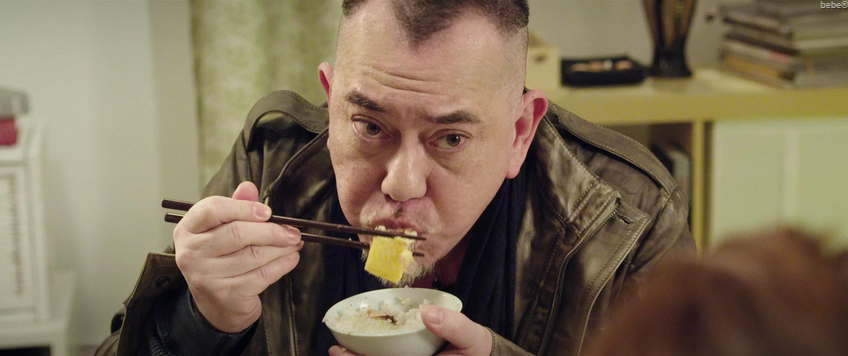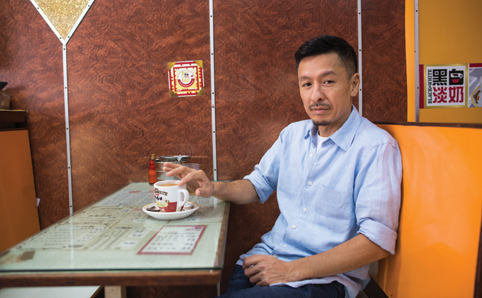By David Pountain
Lee Po-cheung’s funny and affecting Gangster Payday is not your typical Hong Kong triad flick. Bypassing the taut set pieces and operatic violence you would usually associate with the genre, the film takes on a more reflective tone to tell its story of a group of aging crime bosses hoping to make a new start working in a small tea house. Rather than trying to emulate the great crime flicks of old, Gangster Payday looks back on these films wistfully as the products of another time. According to the film’s director, gangster films have been undergoing a decline that lies in correlation with a deterioration of triad culture itself, “The triad society or the triad era is disappearing worldwide as their ‘business’ can no longer make their livings. Most of the gangsters have adapted to the changes of the society and become businessmen,” Lee Po-cheung told FilmDoo, “When the unique characteristics of triads like mutual trust and help is fading out, there is not much left that the film industry can take or use to portrait the world of gangsters. The golden age of gangster cinema becomes history.”
Lee Po-cheung’s new picture acknowledges the waning of this culture and, in the process, serves as a reverent remembrance of its more admirable, disciplined qualities, “To most people, such decline is a good thing but I still hold a nostalgia towards the triad society members I have met. A triad member is willing to take some ten slashes for his elder. Isn’t this sacrificial spirit worthy of our respect?”

More widely, Gangster Payday can be read as a document of the old values and practices of the film’s ever-changing setting, “In a modern city like Hong Kong, old things are disappearing and replaced. The link between people is becoming a rare thing. I made this film to preserve all these.” Given this emphasis on the link between people, it seems appropriate that the film devotes much of its running time to the quiet moments between the action, “That was intentional to give the audience more room for thoughts. I believe that feelings leave a more lasting impression than action.” In this light, the film can be considered not so much a reinvention of the classic gangster format as a sympathetic rearrangement, “We have only taken a different perspective to tell the story. I wanted to show the tender emotions between these gangsters, which I believe has greater power than violence.”
This bittersweet nostalgia for the old ways looks set to be an overarching theme in Lee’s filmography, also factoring prominently in the director’s next work, “The project in progress is also based on some phenomena seen in Hong Kong – or the “˜Hong Kong Spirit’ – that is slowly dying out.” If it’s any consolation, in the hands of Lee Po-cheung, these phenomena may at least get a fitting elegy.
Watch Gangster Payday now on FilmDoo.com. (UK & Ireland only)





